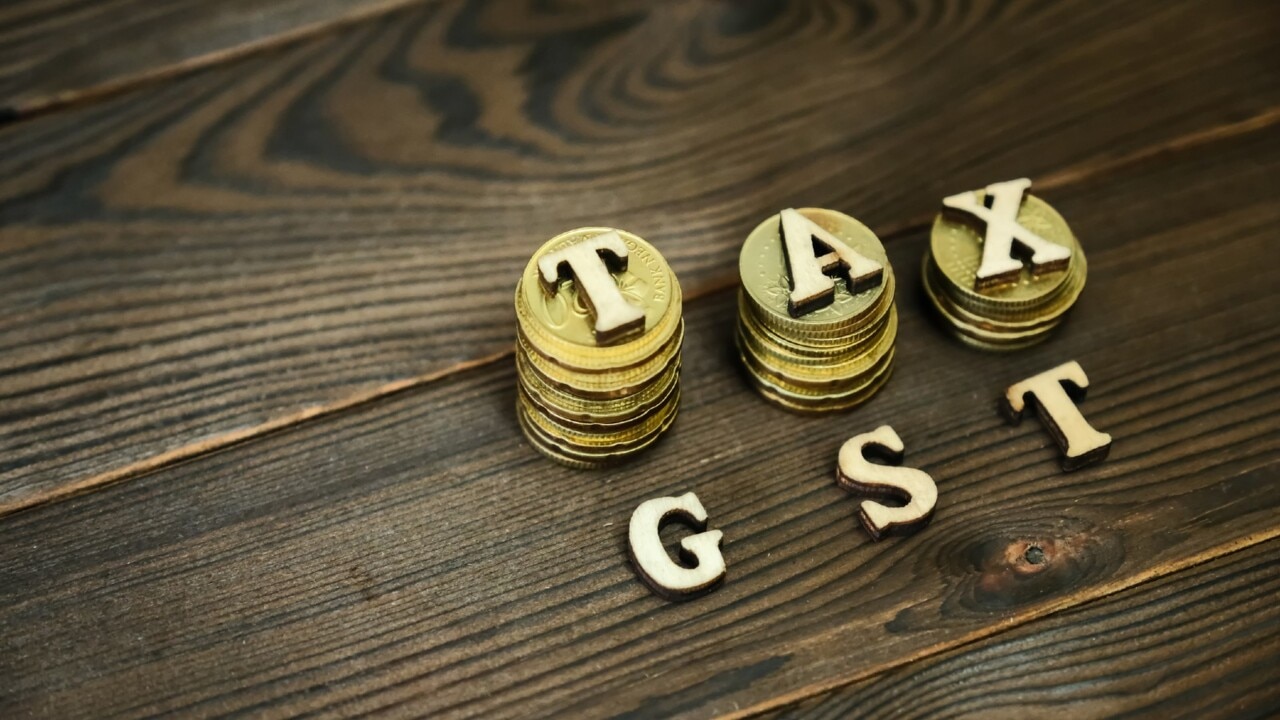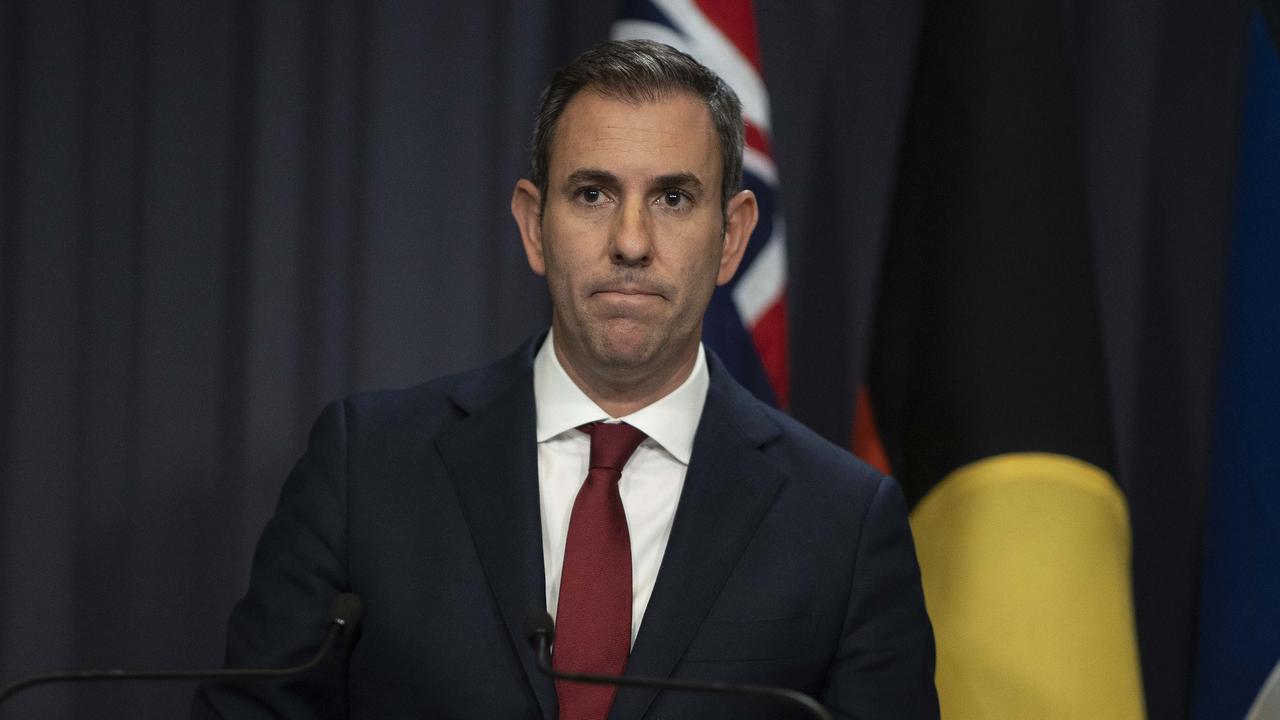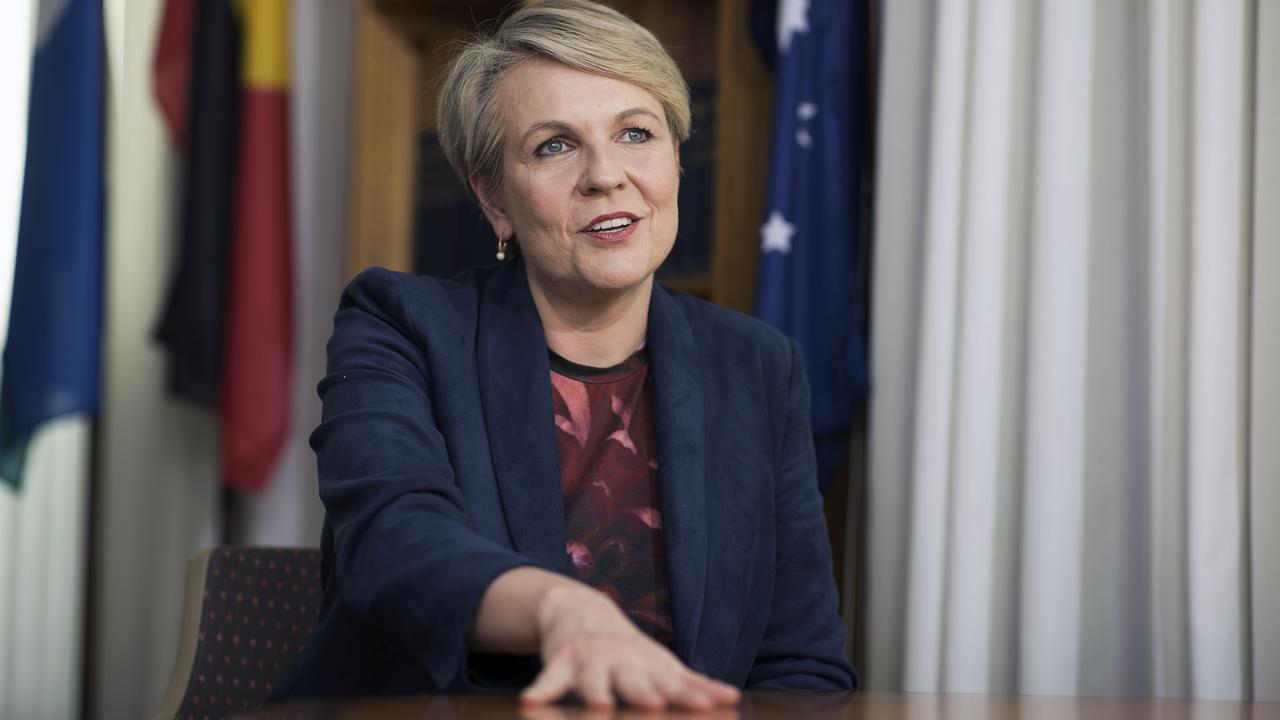Albanese Government may seek to cap the tax cuts for the wealthy
While tax cuts come into force in 2024, there is speculation that the Albanese Government may seek to cap the tax cuts for the wealthy.

Treasurer Jim Chalmers has left the door open to future changes to promised income tax cuts signalling the government is prepared to make the “right decisions” in light of global economic threats.
While the tax cuts are legislated and come into force in 2024, there is speculation that the Albanese Government may seek to cap the tax cuts for the wealthy, or even consider a deficit levy that would take back some relief for the richest Australians.
Pointing to the dark global economic outlook, Dr Chalmers said the budget would reflect the prevailing economic circumstances “as we confront them.”
“It is really important that our budget settings reflect the economic conditions – that is the guiding light when it comes to putting a budget together,” he said.
“The guiding light in lots of ways is what is responsible, what is affordable, what is sustainable and what is sufficiently targeted to deal with the economic challenges and budget pressures which are becoming more, and not less, serious.
“We will put together and release a budget in three weeks’ time which is calibrated to these economic conditions as we confront them.”
The Treasurer said that the Albanese government would “take the right decisions for the right reasons”.
“I will always put the right economic outcome above a political outcome, I will take a difficult decision if it’s necessary working with my colleagues, because these are difficult times and people should expect a solid budget, they should expect a considered budget,” he said.
“My job and the government’s job is to make the right decision, even if it’s difficult, to put the economics before the politics and let the political cards fall where they may.”
Dr Chalmers added that the British Government’s recent backflip over tax cuts represented a cautionary tale.

“I think the broader point is sufficiently relevant to us that when you get monetary policy and fiscal policy out of whack, as the British are at risk of doing, then there are consequences not for the budget but for the economy as well,’’ he said.
“I do see what is happening in the UK as a cautionary tale of getting that fiscal and monetary balance out of whack. We do need to ensure that spending in the budget, particularly in these uncertain global times, is geared towards what is affordable and sustainable and responsible and sufficiently targeted. I think that is one of the lessons from the UK.”
Liberal leader Peter Dutton accused the Albanese Government of trying to “crab-walk” away from the promised - and legislated - tax cuts.
“It’s no parallel whatsoever with the United Kingdom and what’s happening there at the moment and that cannot be used as justification for Labor to break another core promise to the Australian public,’’ he said.
“The top marginal tax rate in the UK was proposed to be abolished, that is not what is proposed here in Australia. What’s proposed here is that the 32.5 per cent marginal tax rate will reduce down to 30 and there will be an abolition altogether of the 37 per cent tax rate.
“The top marginal tax rate under stage three tax cuts doesn’t change, it stays where it is, and if Labor is trying to pretend that there is some equivalence here and that that’s some justification for them based on what’s happening in the UK, it’s a complete and utter furphy, so they should be called out for that.
“It will mean that people on incomes of between $45,000 and $200,000 each year in our country will pay 30 cents in the dollar. Now, that is very significant support and it’s needed because these families are hurting.”
Plibersek criticises UK’s scrapped tax plan
Labor frontbencher Tanya Plibersek has criticised the UK’s now-scrapped tax plan for high income earners as not “sensible” amid reports that the Albanese Government has canvassed a proposal to cap 2024 tax cuts for the rich.
Defending the Australian Government’s pledge to deliver tax cuts to higher income earners despite the nation’s $32 billion deficit, Ms Plibersek stuck to the script that the tax cuts are legislated and a clear election promise.
However, the Environment Minister also appeared to leave the door open to future changes, while stressing this was a matter for Treasurer Jim Chalmers.
Speaking on ABC radio, Ms Plibersek was asked, “Can we really afford to give the wealthiest Australians a tax break given the economic circumstances have changed so dramatically since they were first legislated?”
“Well, we did go to the last election committing to continue with those,’’ Ms Plibersek replied.
“What the UK does with their tax system is a matter for them. But it didn’t seem very sensible to me, what the Conservatives there were proposing.”

The Australian Financial Review reports today that the Albanese Government has privately canvassed options to wind back or cap the windfall gains for the rich, but no decisions have been made.
One option would be to put a deficit levy for high income earners temporarily over the top after the next election.
However, the Government is not of a mind to scrap the tax cuts and any changes would need to be legislated by parliament.
Any decisions taken before the next election would risk breaking a clear election pledge.
The tax cuts proposed in Britain would have scrapped the 45 per cent top tier tax rate for those earning over £150,000 a year ($A262,000), making it 40 per cent for everyone earning over £50,270 ($A88,000).
By comparison, while the tax cuts in the UK would have delivered almost two-thirds of the benefits to the richest 20 per cent of workers, in Australia the stage three cuts in 2024 will deliver that group around three-quarters of the benefits.
Australia’s legislated 2024 tax cuts are set to remove the $120,000 to $180,000 tax bracket, increase the top tax bracket threshold from $180,000 to $200,000, and reduce the marginal tax rate faced by the $45,000 to $200,000 tax bracket from 32.5 per cent to 30 per cent.
The changes will therefore create a 30 per cent flat tax rate for anyone earning between $45,000 and $200,000.
According to the Parliamentary Budget Office, estimates predict the tax cuts will cost a cumulative $243.5 billion out to 2032-33.
Of that amount, 6 per cent will go to the richest 1 per cent of income earners and 77 per cent will go to the richest 25 per cent.
Ms Plibersek was then asked if the Albanese Government would go ahead with something that hasn’t even started which is also about tax breaks for the very wealthy.
“These tax cuts haven’t come in,’’ she said.

“They won’t until 2024. I think it’s, you know, important for us to have a look at the October budget statement that Jim Chalmers will release and have a good look at the state of the economy there and Labor’s plans to repair it.
“I mean, you know, we’re in a pretty tough economic position. We’re looking at global headwinds potentially and global recession. We’ve got have all of the information before us before we’re making any further decisions.”
Ms Plibersek said she could be asked the question “six different ways” and she wasn’t going to go further than that.
“We made a commitment,’’ she said.
Asked again if the Albanese Government would “stick to a commitment without any review if dramatic changes have happened to the economy,” she replied: “I think this is a conversation for you and the Treasurer and the Prime Minister.”
She added: “My view is that we implement Labor Party policy and that we took a commitment to the last election.
“I think we always need to consider economic circumstances as we’re making decisions. That applies to the extra effort we’ll make to ensure that multinationals are paying their tax. It means that we’ll have a look at some of the foolish spending of the previous government – we’ll make some decisions about that. And you’ll see all of that made clear in Jim Chalmers’ budget statement in October.”
The Treasurer told ABC’s 7:30 last week: “Our position on the tax cuts hasn’t changed; our policy is as it has been.
“We do need to make sure that the money that we invest in the budget, from the budget, in the Australian people and in their economy, does get maximum bang for buck,” Dr Chalmers said.
“Even if we took some of the steps that people have been urging us to do on stage three tax cuts, that would not change the inflationary environment that we [are confronted by] right now.
“I think the public conversation sometimes doesn’t quite understand that.”






